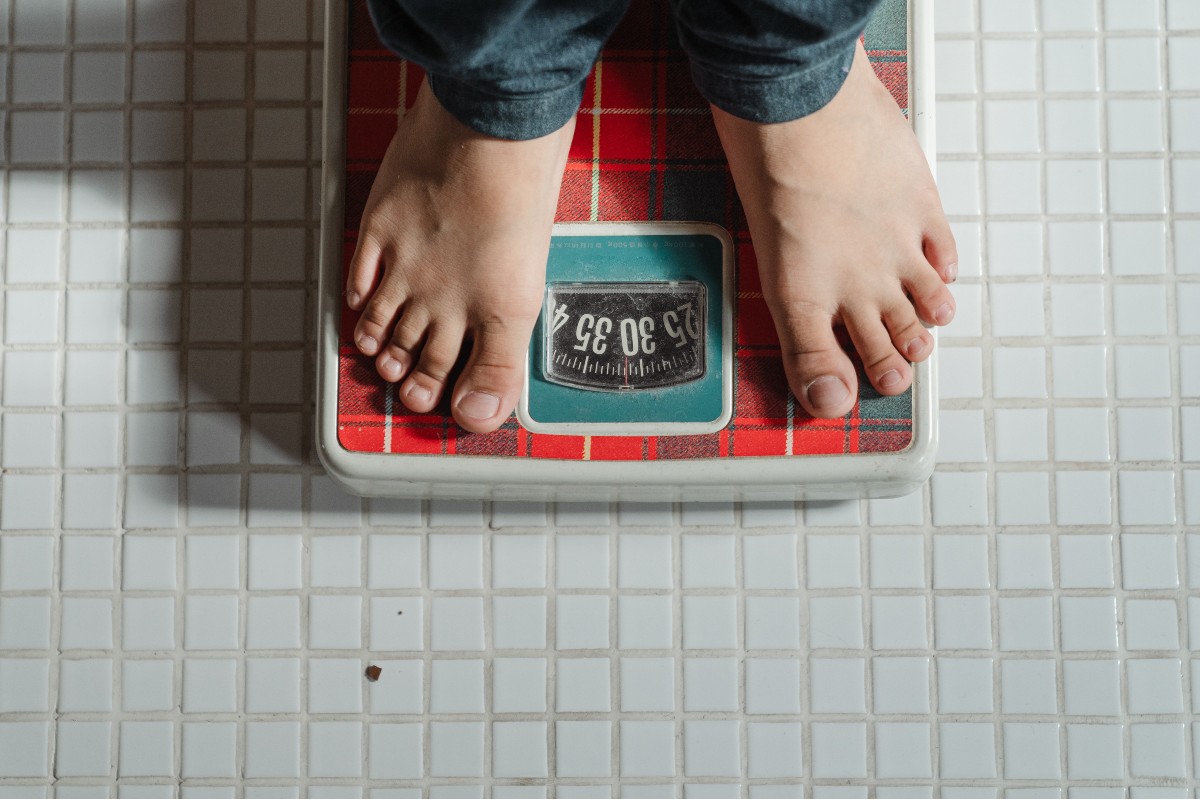A viral Reddit video is providing striking insights into the surging obesity rate in the United States. The 49-second video spans from 1985 to 2021. It uses color and goes year by year by year to illustrate how the obesity rate in many states was 0 to 9% in 1985 but spiked to above 30% by 2021.
You should always check your sources. Reddit is not the best place for news and data. However, the CDC confirms that the obesity rate in America has soared from 30.5% in 1999-2000 to 41.9% for the years 2017-March of 2020. In varied by age group, race, and socioeconomic status. Adults 40 to 59 years old had the highest obesity rate by age (41.5%), Non-Hispanic Black adults were most likely to be obese (49.9%) when scientists adjusted for age, and men and women with college degrees were less likely to be obese than those without.
Discussing obesity is a slippery slope. A body positivity movement has called for more inclusivity, acceptance, and self-love, and race and socioeconomic status are completely or largely out of a person’s control. However, experts share it’s still important to discuss risks, treatment, and reduction of the U.S. obesity rate for the best health outcomes. They shared their thoughts on the obesity rate in America and how people can reduce their risks.

Why have obesity rates in America skyrocketed?
Jonathan Isbill, MS, RD, LD, a registered dietician, points to lifestyle as a key factor in the obesity rate, including:
- Diet. CDC data shows that only 1 in 10 U.S. adults eat enough fruits and veggies, which can protect against obesity. Men and people with lower incomes have the lowest amount of veggies.
- Sedentary. CDC research showed that at least 15% of the adult population in every state was inactive. In most states, the estimate of people living sedentary lifestyles was about 17% to 48%.
- Stress. Numerous studies link stress with obesity. This 2022 Canadian research on work and obesity is one of the most recent.
Speaking of stress, the pandemic has made the issue worse, notes Dr. Monique May, MD, MHA, a family medicine and medical advisor for Aeroflow Sleep.
“The pandemic certainly didn’t help, with the closure of gyms and more people having to work from home,” May says.
Indeed, research shows obesity rates in U.S. adults increased during the first year of the pandemic. Unfortunately, this increase puts more people at risk for the most severe outcomes of COVID-19.
The CDC notes that genetics may also play a role.

What about body positivity?
May says that the body positivity movement is long overdue — no one should feel shamed for their size. However, she says it’s still essential to maintain a weight that is best for your individual health, something you can determine with a doctor.
“The balance between loving yourself with the reality that obesity is a problem is a delicate one,” May says. ”People should speak with their physician to determine their ideal weight and how healthy they can be as they work — or not — toward that goal. While they may not recognize that they are having any symptoms at the present time, obesity increases the risk for a lot of chronic diseases.“

What are the risks of obesity?
May says the risks of obesity include:
- Type II diabetes
- Sleep apnea
- Joint pain, such as in the hip, back, or knee
- Several types of cancer, including breast, colon, prostate, and pancreatic
May says people may “feel fine now” but the risks are a long game.
“It almost certainly will be a problem in the future,” May says.

Steps to take
Certain issues, such as socioeconomic status and race, have systemic factors. Historically marginalized communities are more likely to be food deserts, for example, according to research. However, Isbill wants people to feel empowered to enhance their health outcomes. Ways to maintain or get to a healthy weight include:
- Diet. “Eat whole foods over ultra-processed foods with high levels of added sugar, fat, and salt,” he says. Ditto for beverages like soda. Moderation is key.
- Physical activity. “Move in a way that feels good for your body,” he says. “If you have lived a sedentary life or work long hours at a desk for work, strive to take small incremental changes to move more and diversify the regular physical activities that you enjoy.” A new study showed that taking around 8,000 steps per day could reduce the risk for obesity and other diseases including diabetes.
- Sleep. Isbill recommends 7 to 10 hours of shuteye per night, which is in line with CDC guidelines.
- Reduce stress. Healthy coping skills, including gratitude journaling, movement, and mindfulness breathing, can all help, Isbill says.
Obesity rates have skyrocketed in America, and the pandemic only exacerbated the issue. Obesity is complex, and no one should be shamed for their weight. What’s more, systemic factors like race and socioeconomic status may put people at a higher risk. That said, experts say that it’s an important discussion to have. Obesity puts people at a higher risk for conditions and diseases like Type II diabetes and cancer. Maintaining a lifestyle that lowers your risk for obesity can better your well-being. Eating whole foods and vegetables, getting physical activity, reducing stress, and catching at least 7 to 10 hours of Zzzs every night are small ways to reduce obesity risk for yourself and your family. If you’re concerned about your weight, talk to your doctor, but don’t shame others for theirs.



